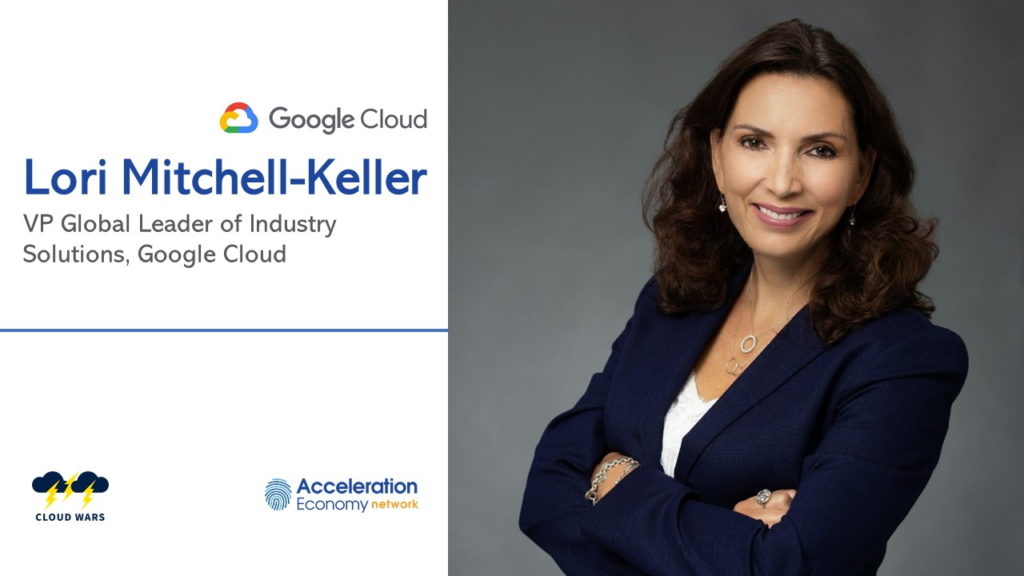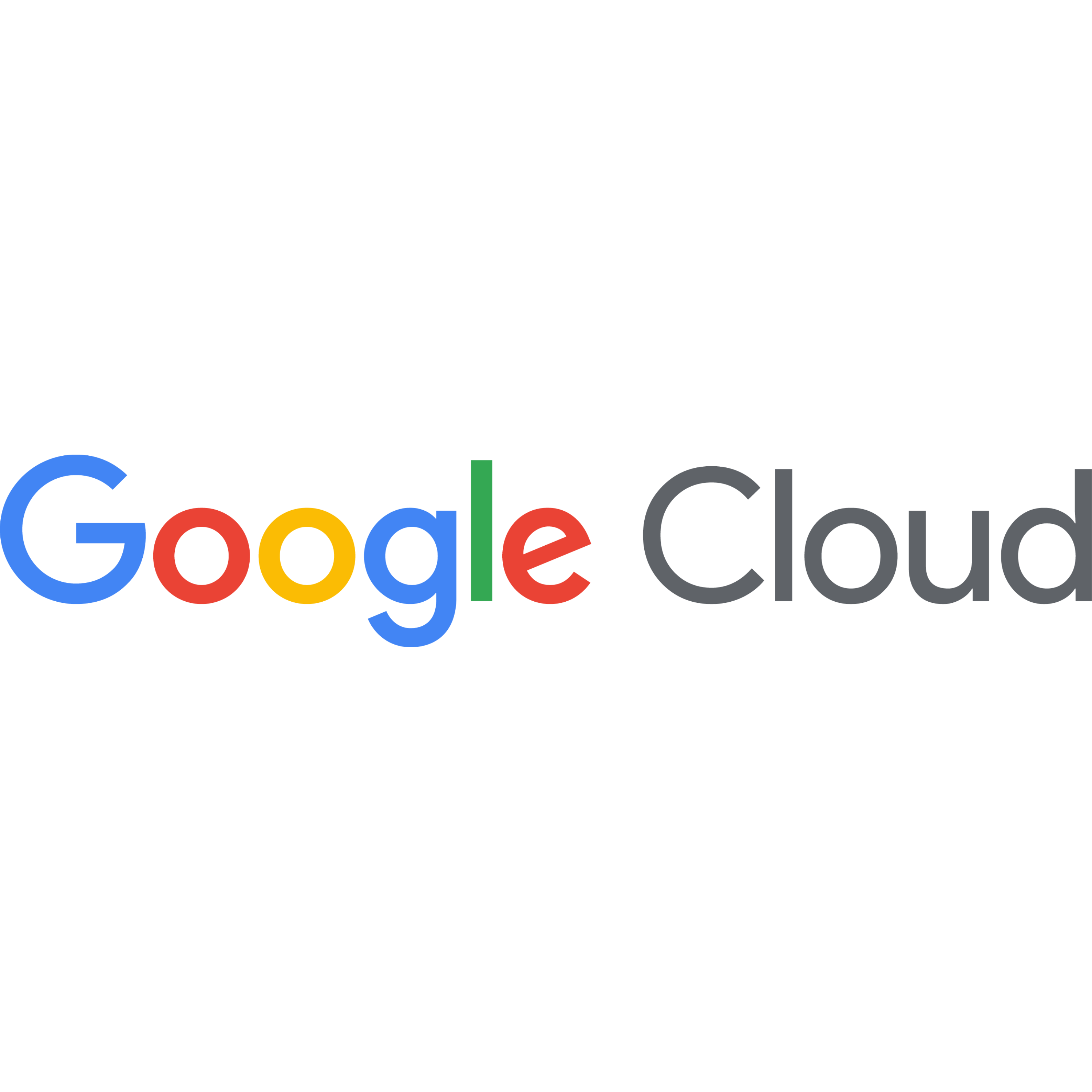Domain Experts Are Helping to Drive Business Outcomes
The landscape of technology has been steeped in technical experts that know the nuts and bolts but can sometimes hinder the success of business deliverables. Why? Yes, they may have worked inside or around certain industries. However, this does not replace experts who lived and breathed the industry and the non-technical aspects that go with that experience.
Technobabble can turn off anyone that is seeking to understand the business and strategic value. Google Cloud realized that the long-term impact for its customers relied on domain experts that could drive business outcomes, not just technical experts.
Bob Evans, the Founder of Cloud Wars and Co-Founder of Acceleration Economy, chatted with Lori Mitchell-Keller, Global Head of Industries for Google Cloud, during Acceleration Economy’s Industry Cloud Battleground event in November.
The discussion had three focal points:
- Customers expect empathy and understanding, which led to Google Cloud’s deep commitment to a philosophy of co-existence.
- Alphabet, Google’s parent company, provides strategic opportunities to deliver physical and digital solutions.
- Harmonizing appeals to the customer’s aspirations, especially when it comes to data, analytics, and deep capabilities.
Customers Can Modernize Faster and Establish Operation Consistency
Lori spoke of the Healthcare Data Engine that helps “operational leaders, researchers, and clinicians gain real-time holistic views” of the patient. This outcome in the healthcare industry speaks to Google Cloud’s “philosophy of co-existence.”
Co-existence is not just getting along with one another. For Google Cloud, it means so much more. They recognized that customers don’t want to “rip and replace,” but need choices, flexibility, and agility to “innovate on their own terms,” according to Lori. The differentiator is that customers spoke, and Google Cloud listened by delivering seamless experiences.
Lori touched on a couple of areas that are important to note:
- The Healthcare Data Engine enables advanced analytics and AI in a secure, compliant, and scalable cloud environment.
- The coexistent strategy, not only for Google but its customers, is critical as it provides an agile platform that doesn’t require reinvestment.
From A to Z, Alphabet’s Power Opens New Potential
Google Cloud doesn’t exist on an island. It’s surrounded by powerful tools with capabilities that can enrich the customer’s overall experience or business objectives. This power comes from Google Cloud’s parent company, Alphabet. Products like Search, Android, YouTube, Maps, Google Earth, Google Research, Deep Mind, and Voice Assist are examples of the wealth of potential surrounding Google Cloud.
Infused in all of the tools is artificial intelligence to surface insights, take action, or enhance the customer experience. Enterprise customers are benefiting from Google’s scale of innovation and pace of productization across Alphabet.
A couple of noteworthy examples that Lori shared are:
- Home Depot launched Contact Center AI with Agent Assist, which reduced customer resolution time by 91 million minutes.
- Foxconn deployed Visual Inspection AI into its mobile phone manufacturing process. This increased the accuracy of defect detection by 10 times.
Data Works Better When Harmonized Across Platforms
In Bob’s discussion with Lori, he emphasized an important point. He said, “harmonizing appeals more to what the customer aspiration is. Let me use all this stuff together in the right ways.”
Often, we associate harmony with music as this creates a pleasing listening experience. As you can imagine, harmony with instruments or voices requires practice and fine-tuning to ensure everything is properly orchestrated. However, when it comes to data, this can seem like an overwhelming prospect.
From the Google Cloud perspective, they have put data harmony at the foundation of their approach. Lori drove home this message: “It’s not just harmonizing data that comes into the engines; it’s also harmonizing data that the customers have on many other platforms.”
Google Cloud is also committed to data harmonization in these areas:
- Hybrid and on-premises environments are an important factor in ingesting data to provide insights.
- Multi-cloud environments are part of the data engine to create a seamless experience.
There is much more that Google Cloud is working on. “You’ll continue to see more transformational products from Google Cloud,” Lori said in her closing remarks. “Many of them have become generally available, and you’ll see much more from us in the future.”







